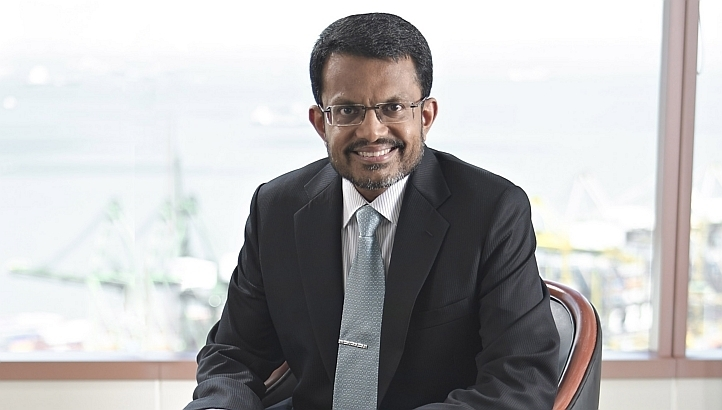
Singapore's position as Asia's premier financial trading hub was strengthened as the country's central bank reported an increase in assets held by Buy-Side firms. There was a significant increase in funds held by hedge funds and private equity firms. The move highlights Singapore's vision of maintaining its leading position in Asia’s congested marketplace.
The Monetary Authority of Singapore (MAS), the joint central banking and financial regulatory authority, has reported that the total assets managed by Singapore-based fund managers grew by 11.8 per cent to $945 billion last year, (2013). The annual report issued by the authority showed promising signs for the investment management sector that is benefiting from regulatory hurdles and modest economic growth in developed markets.
The report states that the funds held by hedge funds crossed $71 billion in 2013, a sharp increase from figures reported earlier where AUM was $61.9 billion. At the same time, the country’s private equity sector also fared well. Investors increased the level of assets that were invested in private equity firms, with AUM reaching $59.7 billion.
The central bank report discusses the reasons the market has performed well: “Growth was broad-based, with both traditional and alternative managers registering good increases in assets under management.
Traditional asset managers continued to contribute substantively to annual growth, driven largely by innovative product offerings, such as Multi-Asset solutions and specialised fixed income strategies. reflecting increased interest from global investors in Asia-focused strategies. In private equity, there was continued interest from global players to set up in Singapore as they sought new investment opportunities in South-East Asia.”

Ravi Menon
Singapore has a strong regulatory environment for the banking and financial services sector, its openness to buy-side firms has seen an influx of European and US managers migrating to the small Asian island, since the 2008 crisis. Coupled with the notion of enhanced regulations under Dodd-Frank, EMIR and new levies such as the Tobin Tax.
Singapore is classified as the world’s third most liquid centre for FX derivatives trading, according to the most recent BIS Survey, the former British Colony has benefited from implementing robust rulings with enhanced oversight and governance. Ravi Menon, Managing Director of the authority, commented about the measures the bank is taking to enhance its regulatory framework, during the annual report speech: "MAS is taking a multi-pronged approach to safeguard consumer interests. First, we are enhancing regulatory safeguards for retail investors in unconventional investment schemes.
Second, we will facilitate retail access to simple, lower cost products. Third, MAS will help to empower consumers with enhanced disclosure and information access. Fourth, we are raising standards of financial advice to consumers.”













